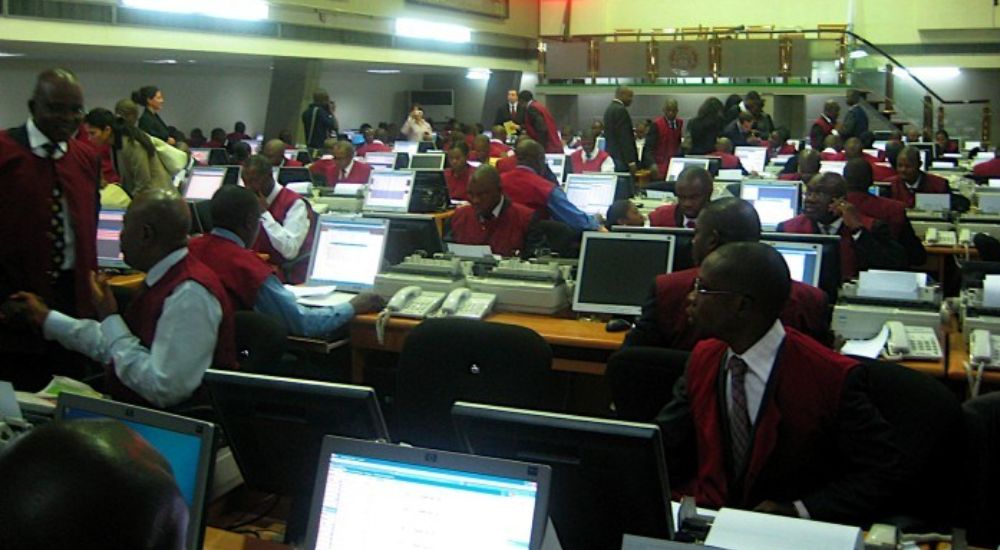INTERVIEW: Rise Of Private Security Companies Driven By Insecurity, Unemployment – FCT NSCDC Commandant

The surge in private security companies across Nigeria is being fueled by growing insecurity, rapid urbanisation, and widespread unemployment, says Dr. Olusola Odumosu, Commandant of the Nigeria Security and Civil Defence Corps (NSCDC), Federal Capital Territory (FCT) Command.
In an exclusive interview with THE WHISTLER, Odumosu explained implications of this boom and how the sector is being regulated to prevent abuse. Excerpts…
How Many Private Security Companies Operate in Nigeria?
With the rise in Number of Private Security Guard Companies, we currently have about 1,471 (One Thousand Four Hundred and Seventy One) out of which 460 are in the Federal Capital Territory (FCT).
What are the Implications of the Rise of Private Security Guards Companies for Public Safety?
If not properly Regulated and Supervised by the Regulating Authority (NSCDC PGC), these companies can become a breeding ground for criminal activities.
The owners of private security guards companies are making high profits from this industry, but without rigorous background checks and oversight, they could unknowingly recruit criminal elements or even insurgents, which would pose a grave threat to society.
Furthermore, the non-regulation of private security companies could lead to the recruitment of insurgence and criminals.
While they help bridge the gap created by inadequate state presence, their proliferation must be matched by strong regulation, regular monitoring, and adherence to legal frameworks to avoid undermining public safety.
The NSCDC, under my leadership in the FCT, has continued to play a pivotal role in ensuring that these non-state actors operate within the law and contribute positively to Nigeria’s overall security.
What is Driving the Rise of Private Security Guard Companies?
The private security Guard Companies Are Private Companies that applied and have gotten approval by the Nigeria Security and Civil Defence Corps to operate. These are also known as non-state actors security service providers.
The rise of private security guard companies in the country can mainly be attributed to the rise in insecurity and awareness of the people to protect their lives and properties.
Again, the rise of private security guards companies is a result of the inadequacy of the spread of state actors, the government security agencies are inadequate, hence the rise.
Rapid urbanization, that is, Smart Estate houses, modern plazas, supermarkets, luxurious hotels etc, have also given rise to criminality. Private guards are needed to protect these places.
High rate of unemployment due to economic melt-down which has left a high number of youths unemployed.
The private security guard companies employ youths on a daily basis, hence a lot of them are employed as security guards, dog handlers, and banks and hotel security guards. Some private security companies employs as much as one thousand guards nationwide.
What Legal Framework Governs Private Security Guard Companies?
Private guard companies are governed by the Private Guard Companies Act, CAP P30, Laws of the Federation of Nigeria, as amended in 2004. The law mandates that all such companies must be registered and licensed by the Minister of Interior, and comply with several operational standards. It also specifies the requirements for employees, including background checks and training.
Key Provisions are:
- Licensing Requirements: Private guard companies must be registered as a company under the Companies and Allied Matters Act and obtain a license from the Minister of Interior.
- Employee Approval: Companies must obtain approval for each employee, which involves background checks and verification of good character, competence, and integrity.
- Training and Uniforms: Companies must have approved training syllabi and uniforms that do not resemble those of law enforcement agencies.
- Prohibited Activities: Private guard companies are not allowed to act as debt collectors, police officers, or private detectives.
Recent Developments: The Act is currently being reviewed, with plans to repeal and re-enact a new version to modernize the regulatory framework and address contemporary security challenges.
The Minister of Interior has introduced a categorization system for private security company licenses, with different operational scope and financial capacity.
License Categories and Fees:
- Grade A (National Coverage): N100m share capital, N10m license fee, and N500,000 annual renewal fee.
- Grade B (Zonal): N50m share capital, N5m license fee, and N300,000 annual renewal fee.
- Grade C (State): N30m share capital, N3m license fee, and N200,000 annual renewal fee.
- Grade D (City/Local Government): N10m share capital, N1m license fee, and N100,000 annual renewal fee
What Training and Equipment Are Private Security Guatds Allowed to Have?
As a quasi paramilitary group, they should have a training close to the paramilitary but not equivalent, they are expected to have whistle, battens, scanners, light pepper spray, shocker battens.
These tools are for self-defence and to help them discharge their duties effectively without exceeding legal boundaries
The NSCDC, through its PGC Training Unit, oversees training programmes and ensures that guards are well-prepared for deployment. Before any recruitment, companies are required to write to the NSCDC for approval, during which the training curriculum and facilities are inspected and endorsed.
Have Private Security Guards Been Involved in Criminal Activities in Recent Times?
The NSCDC has recorded cases of criminal activities involving private guards, both positive and negative. Whenever such cases are reported, thorough investigations are launched to ensure that offenders are diligently prosecuted in line with the law.
If any, how are the rights and welfare of security guards themselves protected?
Their rights and welfare are protected by making sure that the best practice of labour laws in Nigeria are implemented by private guard security companies.
Guards must be treated with dignity. We insist on proper remuneration, reasonable working hours, and humane treatment. Welfare is a key part of our oversight responsibility.
What Are Other Licensing Requirements?
All the directors must be Nigerians, at least one of them must be a retired security officer, Company should have CAC. Background checks of the directors are diligently carried out by the DSS, after the submission of their PHS forms to NSCDC ( PGC Dept).
The training is usually done by the PGC Dept training unit, when the security companies write for approval for recruitment of guards, as such a training standard is maintained.
This vetting process helps ensure that only individuals with integrity, experience, and good character are allowed to manage private security outfits.
Penalties are usually sealing of office premises, payment of stipulated fine and even prosecution as the case may be. These measures are enforced in practice through proper monitoring, surveillance and supervision of activities of private security companies.
INTERVIEW: Rise Of Private Security Companies Driven By Insecurity, Unemployment – FCT NSCDC Commandant is first published on The Whistler Newspaper





